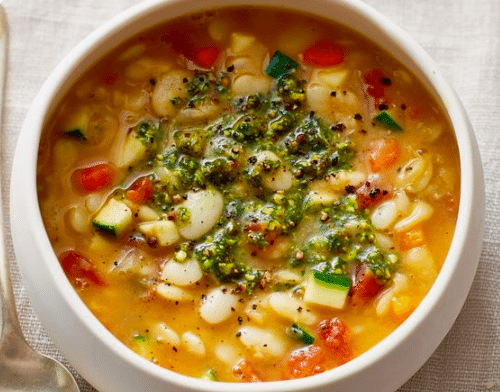Beans, often hailed as a nutritional powerhouse, have now been recognized for their remarkable ability to regulate blood sugar levels, making them a vital ally in the fight against diabetes.

Their unique composition, featuring a low glycemic index, beneficial carbohydrates, moderate proteins, and notably, soluble fibers, sets them apart as an ideal food choice for individuals managing diabetes.
Termed as “sugar eaters,” beans possess abundant plant fibers that play a crucial role in slowing down sugar absorption into the bloodstream and reducing insulin spikes. This attribute not only helps in stabilizing blood sugar levels but also contributes significantly to diabetes management.
Nutritional Composition of Beans
Beans are a treasure trove of essential nutrients, providing an impressive array of vitamins and minerals:

- Vitamin B: Crucial for energy metabolism and brain function.
- Potassium: Supports heart health and regulates fluid balance.
- Selenium: Plays a key role in thyroid function and antioxidant defense.
- Magnesium: Essential for muscle and nerve function, immune support, bone health, and blood pressure regulation.
- Calcium: Vital for bone strength and cardiovascular health.
- Iron: Important for blood oxygen transport and overall energy.
This rich nutritional profile underscores beans’ role as a highly nutritious dietary option, capable of supporting various bodily functions while helping manage blood sugar levels.
Versatility and Dietary Recommendations

Beans come in a multitude of sizes, shapes, and flavors, making them a flexible addition to any meal. Whether fresh, dried, frozen, or canned, beans retain their delightful taste and nutrient density, ensuring they can be enjoyed in numerous dishes throughout the year.
To harness the full health benefits of beans, it’s recommended to incorporate up to 3 cups of beans into your weekly diet. This aligns with the latest dietary guidelines, which advocate for the consumption of beans as part of a balanced diet to enhance overall health and wellbeing, particularly for those managing diabetes.
Beans to eat in moderation

- Baked beans: While baked beans (which often contain white beans) are tasty, they often contain added sugars or syrups, making them less suitable for individuals with diabetes. If consuming baked beans, it’s essential to choose varieties with reduced or no added sugar or prepare white beans at home without sugar or with sugar substitutes. It’s always a good idea to check nutrition labels on canned products as even ones branded as healthy, like vegetarian baked beans, can have a lot of added sugar.
- Refried beans: Traditional refried beans (which are usually made with pinto beans but can also be made with black beans) are often cooked with lard or other unhealthy fats, resulting in a higher calorie and fat content. Moderation is key when consuming refried beans made with lard as the added saturated fats are not ideal compared to heart-healthy alternatives like avocado, sunflower, and olive oil.
- Canned beans with added sodium: Canned beans can be convenient, but some varieties may contain very high levels of sodium. Excess sodium intake over time can lead to increased blood pressure. Opt for low-sodium or no-salt-added canned beans, or consider preparing your favorite dried beans from scratch.
Incorporating Beans into Your Diet
Beans can be easily integrated into your daily meals, whether as a hearty breakfast accompaniment, a rich protein source in lunch salads, or a robust base for dinner stews and soups. Their versatility and health benefits make beans an indispensable part of a health-conscious diet, especially for individuals looking to manage their blood sugar levels and combat diabetes effectively.
Embrace the nutritional bounty of beans and discover the numerous ways they can enrich your diet, bolster your health, and provide a delicious solution to maintaining balanced blood sugar levels.
Beans offer many health benefits for people with diabetes. They are a versatile, high-nutrient superfood that can help control blood sugar levels and fight disease.
Benefits for people living with diabetes include high protein and fiber, low fat, and low GI rating. If working with a dietitian, speak to them about adding more beans into the diet plan.

